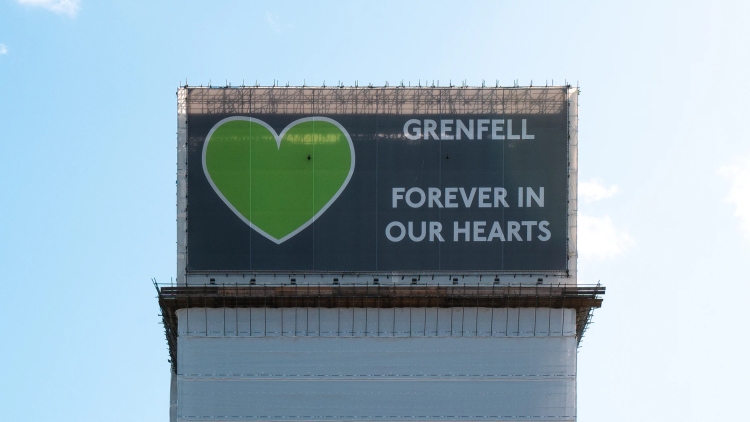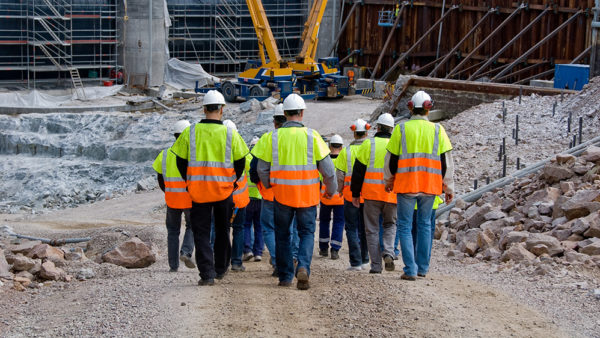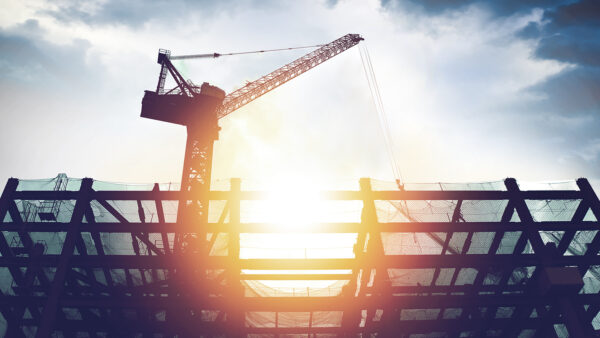The Grenfell Tower fire has forced construction to confront uncomfortable truths about ethical standards and priorities within an industry typically associated with progress and development, writes Anthony Walker.

The construction sector in the UK has long been a source of national pride and a cornerstone of our economy. Every day, this industry shapes the very fabric of our society, creating homes, offices, schools, and hospitals that form the backdrop of our lives. Moreover, it employs millions, contributing significantly to the country’s economic growth and prosperity.
However, the Grenfell Tower tragedy exposed a less positive side of the industry, one that stands in stark contrast to its many achievements. The recently released 1,700-page Grenfell Tower Inquiry report reveals a disturbing picture of systemic failures and moral decay of certain segments within construction which led to the deaths of 72 people.
As we delve into the findings of the inquiry, it’s crucial to remember that the failings exposed by Grenfell do not define the entire construction industry. Rather, they serve as a stark reminder of what can happen when moral considerations are sidelined in favour of cost-cutting and profit maximisation. The challenge now is to learn from these failures, to ensure that the excellence and pride we associate with construction are matched by unwavering ethical standards and a commitment to public safety.
A culture of deception and greed
The Inquiry’s findings reveal a disturbing culture of “systematic dishonesty” among some manufacturers and suppliers of construction materials. Arconic, a key manufacturer, was found to have “deliberately concealed” the true fire risks of its cladding products. This deliberate obfuscation of crucial safety information represents a profound moral failure, prioritising profit over human lives.
Other companies, including Celotex and Kingspan, were implicated in making “false and misleading claims” about their products’ suitability for high-rise buildings. This pattern of deception indicates a pervasive ethical rot within certain segments of the industry, where marketing and sales take precedence over safety and honesty.
Negligence and diffusion of responsibility
The Royal Borough of Kensington and Chelsea’s Tenant Management Organisation (TMO) displayed a shocking indifference to residents’ safety concerns. The inquiry noted “persistent indifference” to the needs of at-risk residents and a failure to procure proper fire safety equipment. This callous disregard for human welfare represents a moral abdication of the most basic responsibilities of those entrusted with public safety.
The Inquiry revealed a “merry-go-round of blame” among contractors and subcontractors, with no clear accountability for safety standards. This diffusion of responsibility created an environment where ethical considerations were easily sidelined. The architect, Studio E, and cladding contractor Harley Facades were found to bear “significant responsibility” for neglecting fire safety at every stage.
The report also criticises the management of building safety in England and Wales as “seriously defective”, pointing to a broader issue of regulatory capture. The privatisation of the certification body, the British Board of Agrément, led to a situation where profit motives could potentially override public safety concerns. This highlights the moral hazards inherent in allowing private interests to dominate areas critical to public welfare.
A call for ethical renewal
The Grenfell Tower tragedy serves as a stark wake-up call for the construction industry and related sectors. It demands not just technical and regulatory reforms, but a fundamental reassessment of the ethical foundations upon which these industries operate. The Inquiry’s recommendation for a single regulatory body accountable to a government minister is a step towards re-establishing clear lines of responsibility.
However, true change will require a deeper cultural shift. The construction industry must prioritise a culture of safety, transparency and ethical responsibility over short-term profits. This includes fostering an environment where whistleblowers are protected and encouraged, where safety concerns are treated with the utmost seriousness, and where the welfare of residents and the public is the paramount consideration in all decision-making processes.
The Grenfell Tower tragedy stands as a monument to the consequences of moral decay in certain segments of the construction industry. It is now incumbent upon all stakeholders – manufacturers, contractors, architects, surveyors, regulators and policymakers – to commit to a renewal of ethical standards and practices. Only through such a commitment can we hope to prevent future tragedies and restore public trust in the safety of our built environment.
Anthony Walker FRICS MIFireE is a chartered surveyor specialising in building surveying, fire safety and asset management. He is also a director at Sircle, a multi-disciplinary surveying consultancy.











